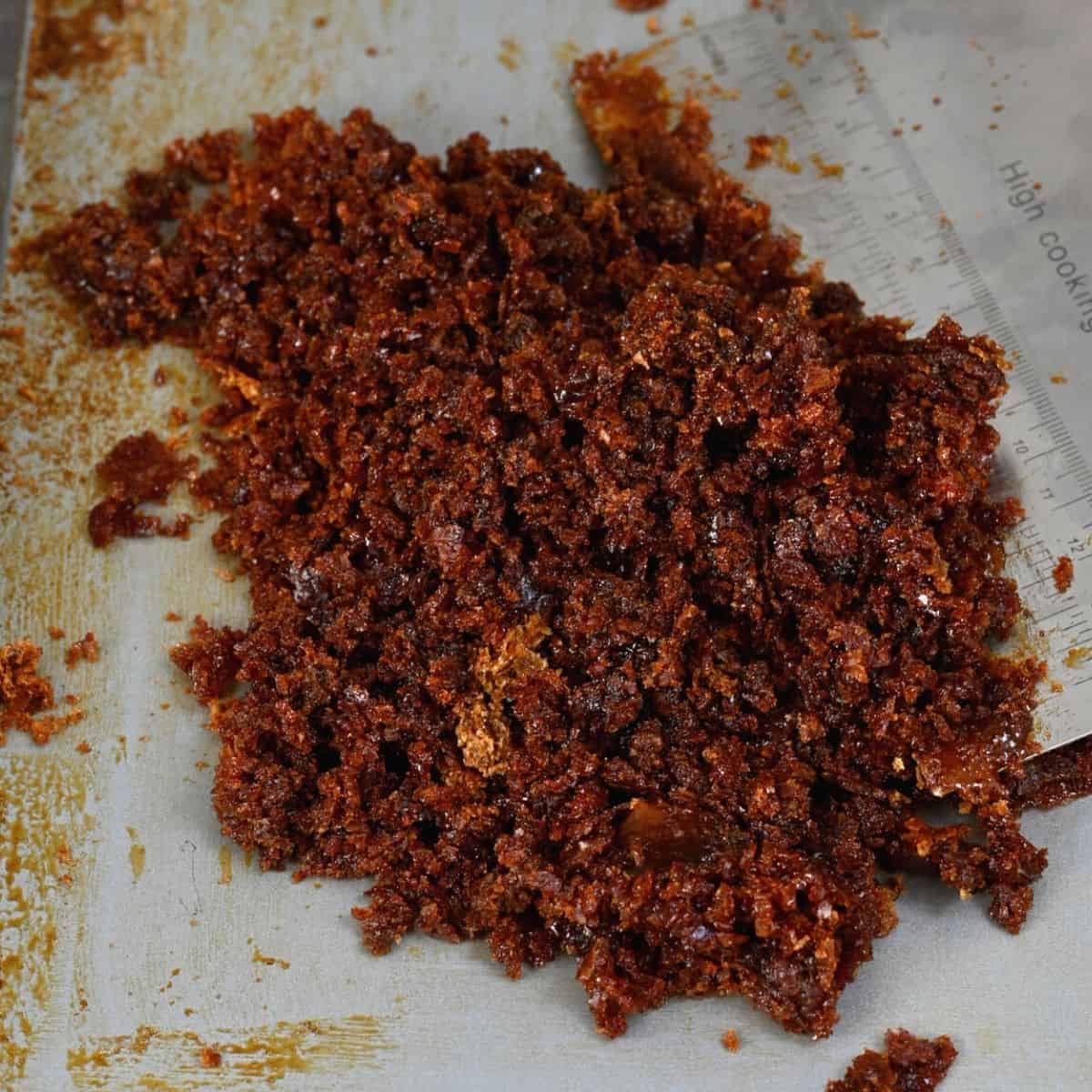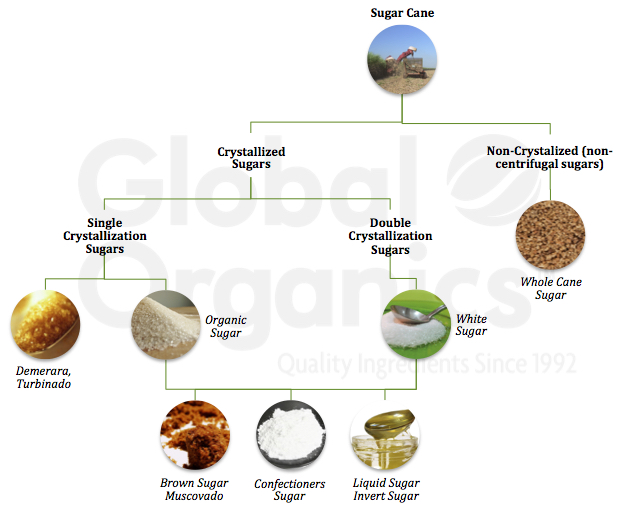Optimize Cane Sugar Processing Chemicals for Maximum Efficiency
Optimize Cane Sugar Processing Chemicals for Maximum Efficiency
Blog Article
Navigating Regulatory Conformity and Sustainability With Cutting-Edge Walking Stick Sugar Handling Chemicals in the Chemical Export Sector
:strip_icc()/How-to-Plant-and-Grow-Sugar-Cane-965303384-2fdac181359d44c185dfa7988fc181a8.jpg)
Regulatory Landscape Review
In the realm of cane sugar processing chemicals within the chemical export sector, comprehending the regulatory landscape is extremely important for ensuring conformity and sustainable operations. Regulative bodies such as the Epa (EPA) and the Food and Medication Administration (FDA) play a vital role in supervising the manufacturing, import, and export of these chemicals. Compliance with regulations set forth by these bodies is not only a legal demand however also vital for keeping public wellness and environmental safety standards.
Governing structures controling cane sugar processing chemicals incorporate a vast range of aspects, including labeling demands, permissible levels of certain materials, and standards for secure handling and disposal. For chemical merchants, this implies sticking to stringent documentation procedures, quality assurance actions, and regular audits to demonstrate adherence to these guidelines.

Lasting Walking Stick Sugar Chemical Innovations

One prominent area of advancement is the advancement of environment-friendly chemicals that lower water and energy usage throughout the sugar handling phases. By executing these sustainable solutions, firms can reduce their carbon impact while maintaining high levels of performance. In addition, improvements in biodegradable chemicals are gaining grip, supplying a much more ecologically friendly option to typical handling representatives.
In addition, the combination of sustainable power resources in the production procedure is ending up being much more prevalent, additional improving the sustainability account of cane sugar processing. By welcoming these lasting cane sugar chemical developments, companies can not only meet regulative requirements however also show a commitment to ecological duty in the chemical export sector.
Compliance Challenges in Exporting Chemicals
Browsing governing Full Report structures positions considerable obstacles for chemical merchants, calling for precise interest to compliance standards and global legislations. Exporting chemicals involves adherence to an intricate web of guidelines that differ from nation to country. Among the main conformity challenges faced by chemical exporters is making sure that the products fulfill the certain regulatory requirements of the importing country. This includes obtaining the necessary permits, certifications, and documentation to demonstrate the safety and security and get redirected here validity of the chemicals being exported.
In addition, chemical merchants should stay abreast of regularly advancing criteria and guidelines associated to chemical transportation, production, and handling. Failing to adhere to these laws can cause severe effects, consisting of fines, lawful activity, and reputational damage. Browsing trade restrictions, assents, and export control laws includes one more layer of complexity to the compliance landscape for chemical exporters.
To minimize these challenges, chemical exporters should invest in durable conformity programs, conduct normal audits, and engage with regulative authorities to ensure a complete understanding of the relevant legislations and policies. By focusing on conformity and staying positive in dealing with regulatory obstacles, chemical exporters can navigate the complexities of international trade effectively.
Ecological Influence of Walking Stick Sugar Processing
The ecological ramifications of cane sugar processing are a crucial aspect requiring thorough examination in the chemical export industry. Walking cane sugar handling can have considerable ecological impacts at different phases of manufacturing. Among the key issues is the generation of huge quantities of wastewater containing organic matter, put on hold solids, and chemicals utilized in the processing plants. This wastewater, otherwise properly treated, can contaminate water bodies, harm aquatic life, and break down general water quality. In addition, the burning of sugarcane fields prior to gathering, an usual practice in some regions, releases unsafe air toxins and greenhouse gases right into the environment, adding to air top quality concerns and climate change.
Additionally, the considerable usage of chemicals and plant foods in sugarcane cultivation can result in soil degradation, water contamination, and damage to non-target microorganisms. It is essential for chemical merchants associated with the cane sugar processing sector to execute lasting techniques, invest in advanced wastewater therapy technologies, advertise accountable agricultural methods, and comply with stringent ecological laws to reduce the negative environmental effect of their procedures.
Future Trends in Sustainability Practices
What innovative techniques are chemical merchants in the walking cane sugar processing industry taking on to click reference enhance sustainability practices for the future? One famous fad is the shift towards creating and using environment-friendly chemicals in the handling of walking stick sugar - Cane Sugar Processing Chemicals.
An additional crucial trend is the execution of innovative technologies such as automation and information analytics to maximize source use and decrease waste generation. By taking advantage of the power of data and automation, chemical merchants can streamline their procedures, boost power performance, and enhance general sustainability performance.
Moreover, collaborations and collaborations with sustainability-focused companies and stakeholders are ending up being significantly typical. By collaborating, chemical exporters can trade expertise, share ideal techniques, and collectively drive technology in the direction of even more lasting walking cane sugar handling techniques. Welcoming these fads will not only profit the environment yet additionally guarantee long-lasting success and competitiveness in the sector.
Conclusion
In verdict, the chemical export sector have to navigate intricate regulatory landscapes and sustainability obstacles when processing walking stick sugar. Innovations in walking stick sugar handling chemicals are vital to satisfying compliance criteria and lowering environmental effect. As the industry continues to advance, it is essential for companies to embrace sustainable practices and stay ahead of future patterns to ensure lasting success.
In the world of walking cane sugar processing chemicals within the chemical export market, recognizing the regulatory landscape is extremely important for making certain compliance and sustainable operations.Discovering ingenious methods in the advancement of lasting walking stick sugar chemical services is important for progressing ecological stewardship in the chemical export sector. Firms are increasingly investing in research and growth to create advanced walking cane sugar processing chemicals that not just guarantee high effectiveness in sugar manufacturing but also stick to stringent sustainability requirements.
In addition, chemical exporters need to remain abreast of frequently developing requirements and regulations related to chemical transport, production, and handling - Cane Sugar Processing Chemicals.The ecological ramifications of walking stick sugar processing are an essential facet requiring detailed assessment in the chemical export market
Report this page